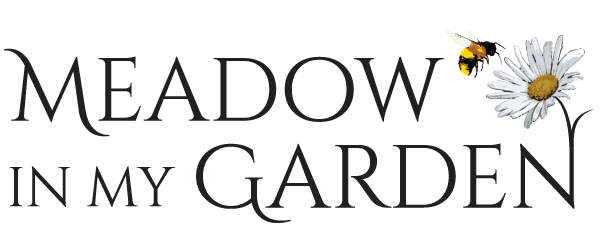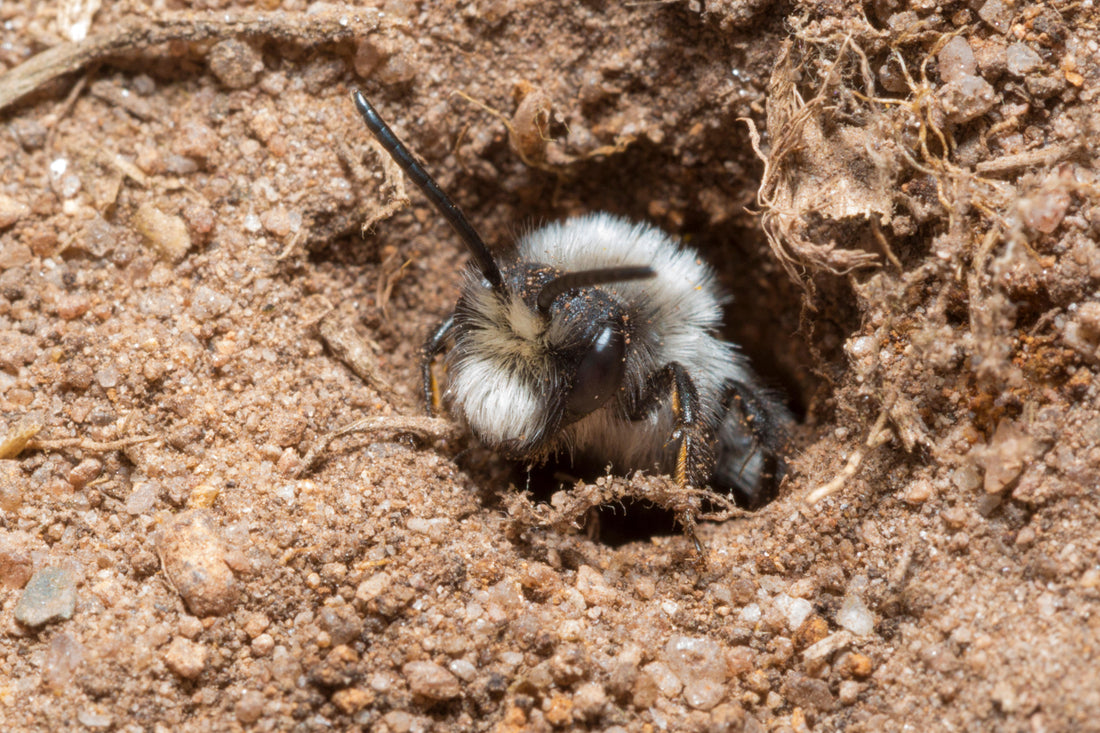The Ashy Mining Bee has to be one of the cutest species of wild bee, wouldn't you agree?
We're encouraging everybody to provide a friendly home in parks and gardens for all our wild bees, and create a safe haven for them! Bees are an essential part of our ecosystem, and they really need our help. By creating habitat for them, we can ensure they thrive in our environment and continue to provide valuable ecosystem services like pollination of food crops. Help save the bees this spring by sowing a mini-meadow!
Grow a wide variety of flowers in your garden, such as our 'Bee Heaven' seed mix.
Reasons for bee declines
- Harmful chemicals
- Monoculture farming
- Habitat loss
- Bee disease
All bees have profound connections with the plants on which they feed, involving at the very least, subtle visual and scent cues that dictate the bees subsequent behaviour. Different bees visit different flowers, because they all have varying tongue lengths! So growing a wide selection of flower shapes and sizes will help to feed the greatest amount of bees.
You can provide a fabulous feast for bees just by joining in with #NoMowMay and not mowing the lawn in May. Continue by not mowing through summer, or cutting your lawn every 6 weeks, which allows lawn flowers like White Clover to bloom, which provide masses of nectar to feed the bees.
Some solitary bees look for hollow or pithy dry stems to repurpose as homes for their babies. Add one of our bee hotels to a sunny wall or fence, facing south or south east. Place it at least a metre off the ground, with a clear flight path to the entrance and make sure it is well sheltered from rain.
Did you know?
- 70% of crops eaten by humans are pollinated by bees
- 33% of food comes from pollinated plants
- 35 species of UK bees face extinction
- 'Emergency' authorisation to use a highly damaging neonicotinoid has been approved by UK Government, despite nearly 15,000 people calling on them to choose better support for farmers and thriving wildlife, instead of bee-killing pesticides.




